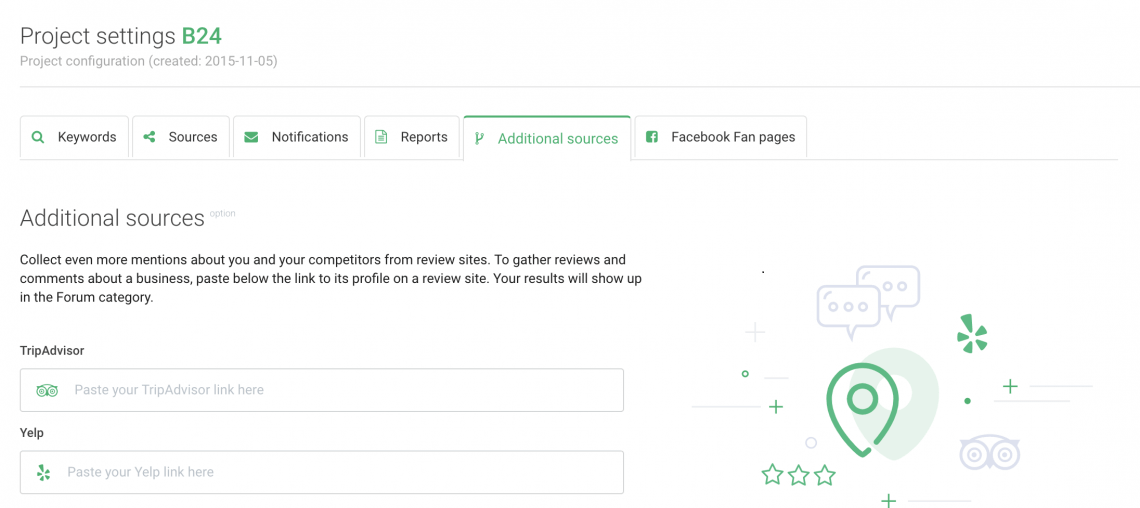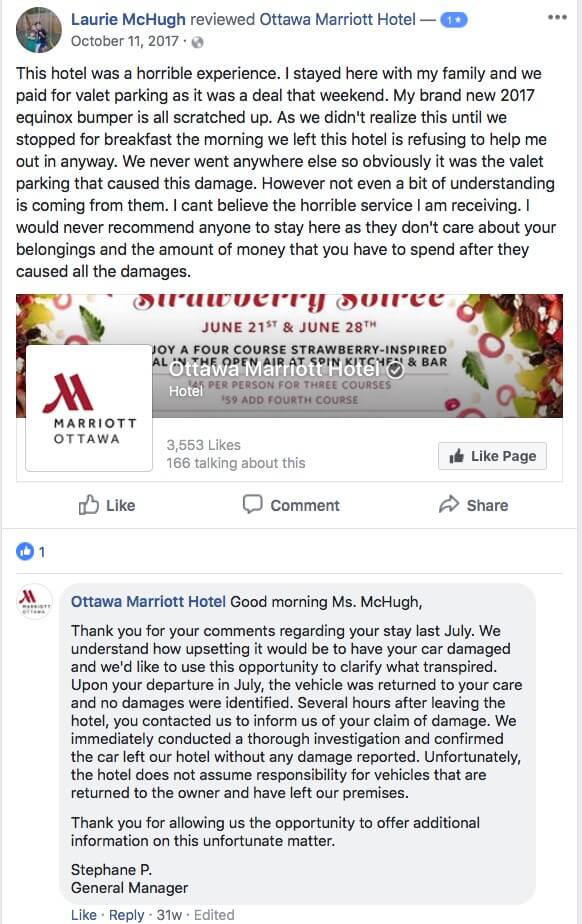Bad Reviews and What to Do About Them
Can you remember the last time you went to a restaurant without checking the reviews? Neither can I! What made you choose one place over the other? I bet bad reviews were among the ranking factors!
Honestly, whenever I want to visit a place that I haven’t been to before, I straight up go to their Facebook page to check out other people’s experiences.
Guess I am not the only one doing so! Following an amazing report from Bright Local, 86% of consumers read online reviews for businesses. That’s A LOT.
To make it even more interesting, 57% won’t even use a business that has fewer than four stars. That’s how important online reviews are to us when choosing a place we want to purchase from.
I mentioned restaurants, but the same goes for hotels, cafes, etc. Obviously, it’s not just HORECA that has to deal with negative reviews!
Bad reviews happen to all of us
If you’re a business owner, bad reviews will eventually come after you and you have to embrace that. Not everyone has to like you, and even if you do your best, there will always be people that will find a reason to complain about. As a football fan, this brings one of Cristiano Ronaldo quotes to mind, this one, specifically:
Not even God can please everyone.
Obvious? Yes, and true, at the same time. It doesn’t mean that you should ignore bad reviews, though.
In fact, you should do the opposite! And you might even use them to your advantage. Let me tell you how!
A social media monitoring tool is your best friend
I get it, you own your social media profiles and you think that’s enough to know about all reviews you get.
It’s not.
A report from Conversocial claims that only 3% of tweets tag the brands that people reach out to for help. This means 97% just type the business names without their Twitter handle. That’s massive!
What does it mean for you? You won’t get a notification, ergo you might miss out on a bad review that could cause harm to your business.
Even though those scary numbers reflect Twitter data only, I believe it happens on other platforms as well.
That’s where social media monitoring tools come into play. What’s so cool about them is the fact that they collect mentions of your keyword in all forms, whether it’s a hashtag, @socialmediahandle, or a URL.
As a consequence, you have all mentions of your business in a single dashboard without the need to juggle notification tabs across different social media a few times a day.
Have a look at our list of the 12 best social media monitoring tools in case it’s a new topic for you or you simply can’t figure out which would be the right fit for you.
What I think is a pretty cool thing when it comes to Brand24 specifically is that you can add Yelp and Trip Advisor as additional sources that you’re going to collect mentions from.

Forget about ignoring bad reviews
Some people are merciless when it comes to criticism. Still, even in the toughest cases, don’t pretend that nothing happened. Ignoring a negative review won’t make matters any better for you. In fact, you can only go downhill from there.
I know you won’t always be able to reply to those reviews instantly, but the sooner you do it, the better!
This video shares some good tips to help you deal with bad reviews — the smart way:
Don’t let your emotions take you over.
Even if you completely disagree with the author of a review and feel like the way he described your business is completely unfair, take some time to cool down if needed. You want to be professional and anger won’t help with that.
Once you’re ready, be empathetic.
Let them know you acknowledged their complaint and are sorry for the way they felt. Give them an explanation of what happened and apologise. You can also offer a discount or something as compensation on their next purchase.
I think it’s a good idea to always reply publicly.
Other people will see the bad review first, but if they see you responded to it straight below, it gives the impression that you really care for your customers.
Unfortunately, sometimes, a public apology won’t be enough to make amends to an enraged customer. In such instances, the best thing you can do is take the conversation to the direct messages. You don’t need other people to see both parties endlessly sending messages back and forth, but this way it also should be easier to explain a problem in details.
Also, it can happen that a consumer will try to take advantage of you, blaming your business for something that was never your fault. Here’s an example I found on Neil Patel’s blog:

Ottawa Marriott Hotel replied in a super professional manner. They didn’t try to argue with a customer as that wouldn’t lead to anything good. Instead, they chose to describe what actually happened and even though there’s no evidence attached to it, it reads so good as if there was a video clip from their parking’s CCTV attached to it.
Bad reviews are good
It’s not as crazy as it initially sounds. In fact, bad reviews add authenticity to your business. Of course, we don’t want too many of them, but it seems like having a few make us more trustworthy. Having 5-star reviews only looks a tad suspicious, doesn’t it?
Even TechCrunch says you don’t need a 5-star review. The ratings that work best and influence product purchases the most are somewhere between 4.2-4.5.
Those bad reviews are also opportunities you can capitalize on by showcasing stellar customer service. As long as you follow the tips I provided above, reply promptly and let people feel that you truly feel sorry for what caused them to write a negative review, it should be easier to convince them to give you a second chance.
On top of that, it’s going to look crazy good in the eyes of people that are going to read your reviews in the future.
Bad reviews also humanize your brand.
We’re not perfect as people and no business is perfect as well. If you act like yours is and it’s never your fault that something bad happened, fight with the bad reviews, or even worse, hide them, you’re going to drive people away.
Another good thing here is that you’re getting valuable customer feedback. As long as it’s constructive criticism we’re talking about, you’re going to find ways to make your product or service better. Sure, you don’t need or even shouldn’t implement everything people want you to, but some of their ideas could push your business forward.
Wrapping up
As I have mentioned before, as a business owner, you’re going to face negative reviews sooner or later. I know it feels as if somebody was attacking your baby, but trust me, it’s not the end of the world!
Even if a bad review is a result of a major fuck up on your side, there’s always a way to put out a fire. Once it goes public, the ball is in your court and it’s all down to your approach. You can be tactful and apologetic, or act ignorant and disrespectful. It’s pretty obvious what’s beneficial for you. After all, it’s money that is at stake here!
Relevant reads
The 12 Best Social Media Monitoring Tools
Online reputation management in-and-out + 10 Pieces of Best Reputation Management Software
The Best AI Sentiment Analysis Tools


![What is Brand Awareness? Guide & 9 Powerful Tactics to Build It [2022]](png/15-the-ultimate-guide-to-brand-awareness-1400x660x2-640x300.png)

